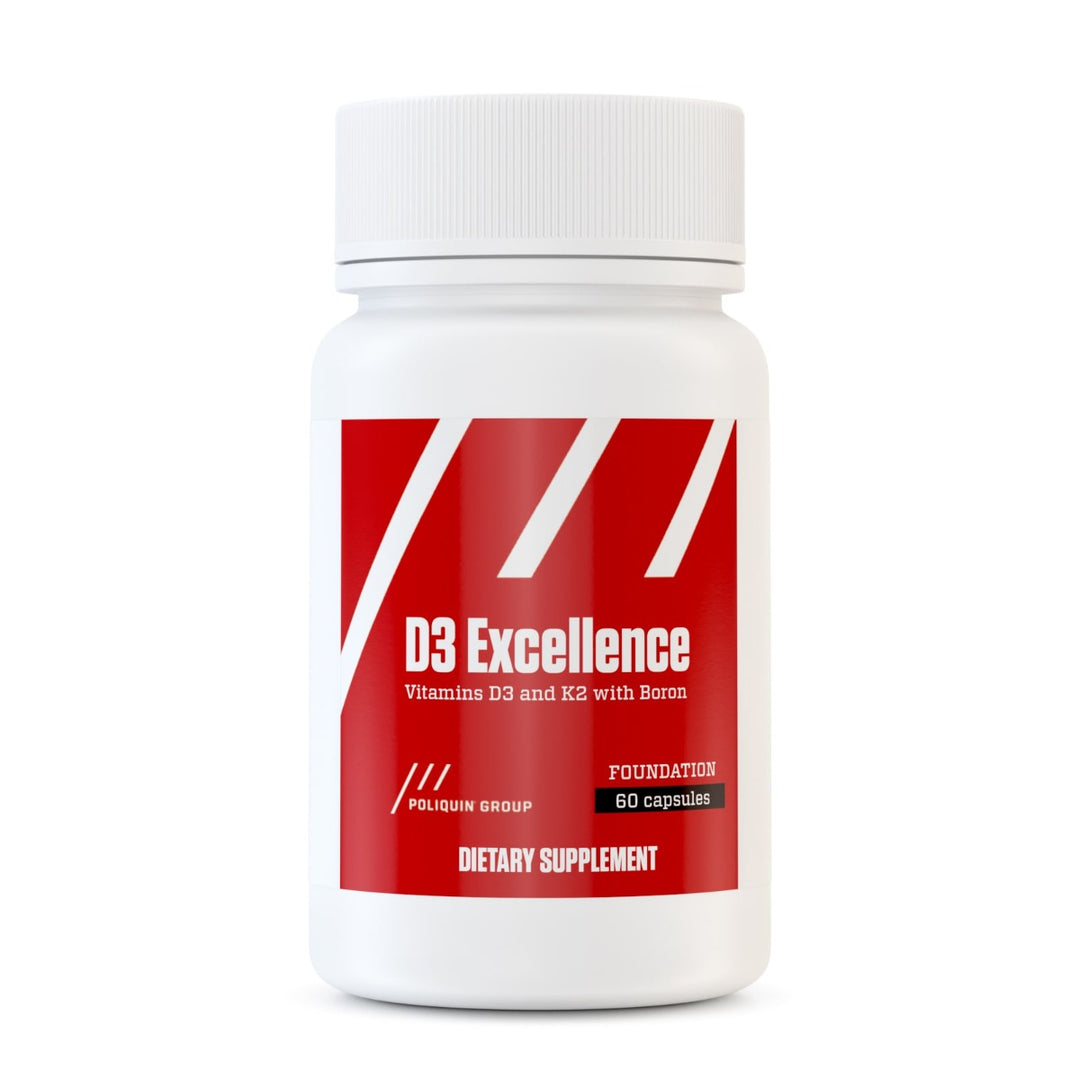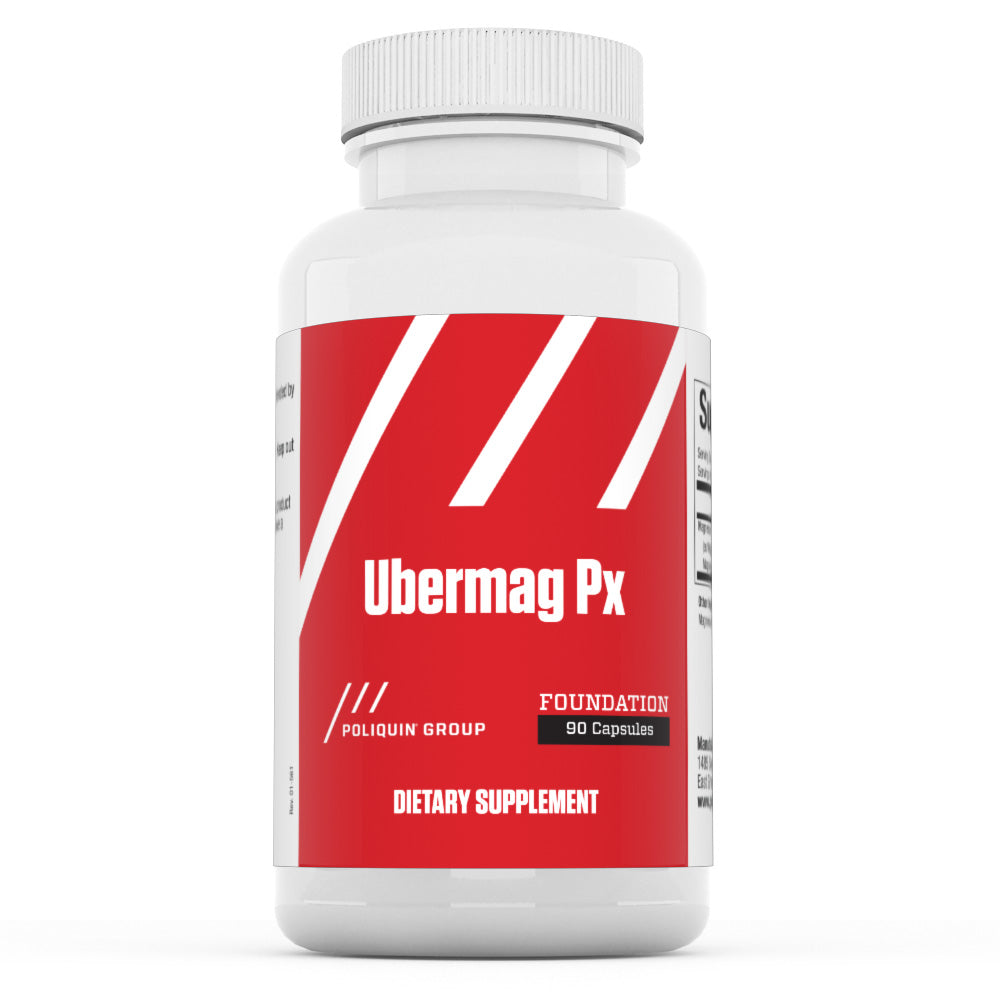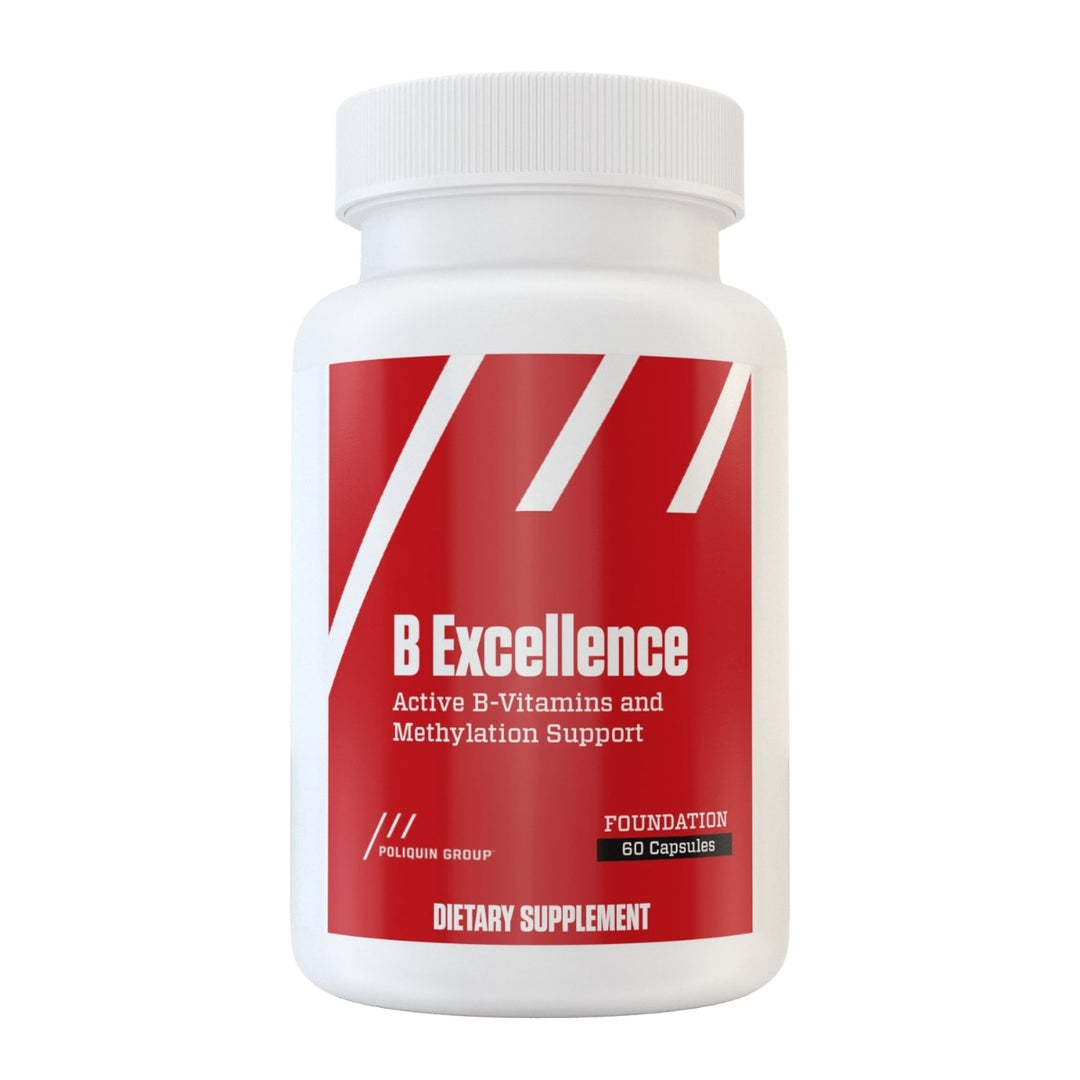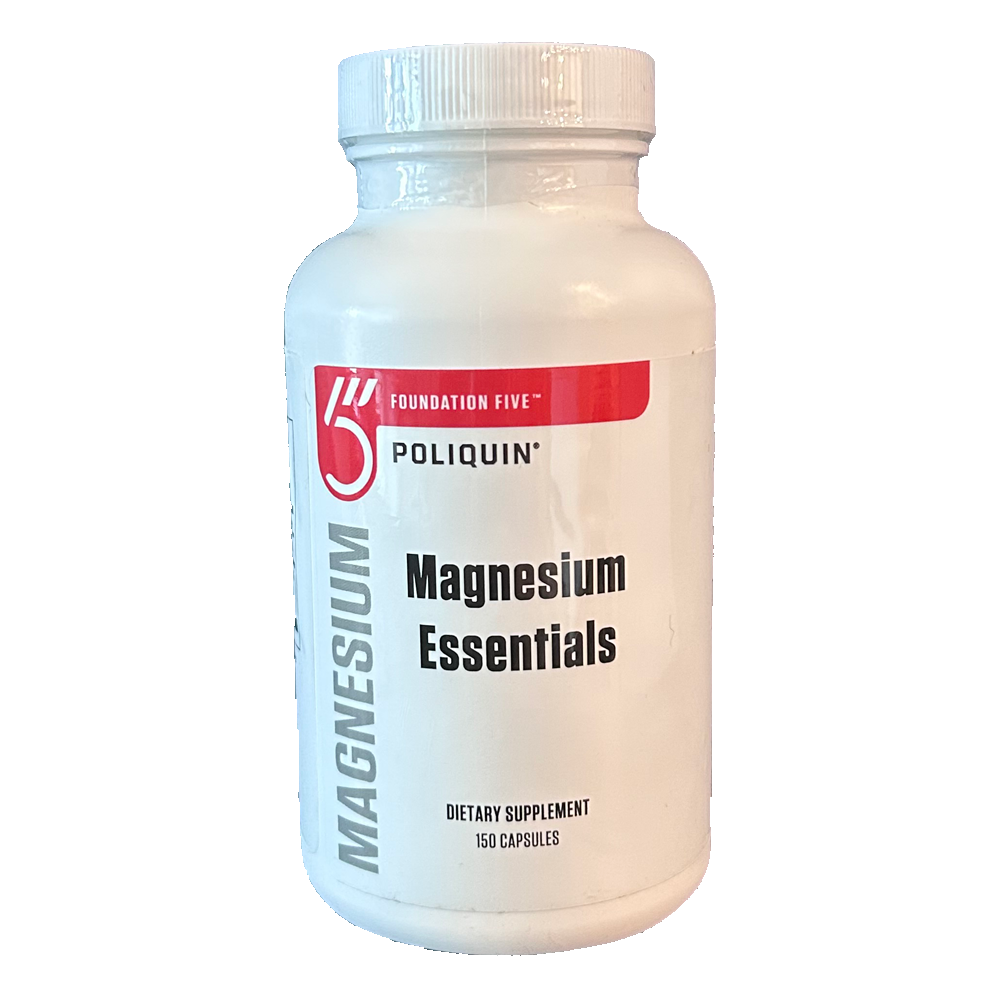Ten Excellent Benefits of Whey Protein
Whey protein is a superior protein source that provides many health and body composition benefits.
Unfortunately, many people are misinformed about whey protein. They avoid it due to the fact that some brands contain cheaper filler proteins, artificial flavors, or added sugar.
Just because some brands are best avoided doesn't mean that whey protein isn't a wholly worthwhile supplement! Here are ten of the most relevant benefits of using whey protein.
#1: A Superior Protein Source
Whey protein is a “high-quality protein.” It contains all the essential amino acids and a large number of non-essential ones as well. It is easy to digest compared to other protein powders such as casein, soy, or rice. Another benefit of whey is that is it high in leucine, the most important amino acid for building muscle.
#2: Has A Higher Thermic Effect, Raising Energy Expenditure
The thermic effect refers to the increased calories the body burns processing the food you eat. Protein foods have a higher thermic effect than fat and carbohydrates. Whey has the highest thermic effect of all protein powders. This is likely because whey contains more of the amino acid leucine, eliciting an increase in protein synthesis that is two times greater than casein protein.
#3: Suppresses Appetite Better Than Other Protein Sources
Protein foods reduce appetite. Because hunger is suppressed, high-protein, low-carb diets automatically lead people to eat fewer calories. Whey protein is especially effective for managing hunger, being a better appetite suppressor than casein, soy or egg protein.
The greater leucine concentration of whey protein signal the brain to release transmitters that blunt hunger and maintain satiety. For example, when lean, young men ate a meal of either tuna, egg, turkey, or whey protein, they ate the fewest calories at lunch following the whey meal. Self-rated appetite was also lowest in the whey protein group.
#4: Improves Insulin Sensitivity
At first glance, people often think taking whey protein could be detrimental for insulin health because it spikes insulin acutely. The insulin spike is caused by the high concentration of leucine and other branched-chain amino acids (BCAAs), isoleucine, and valine. But, the insulin increase is not a bad thing. Research shows that whey protein supplementation consistently leads to better insulin sensitivity and healthier blood sugar management.
For example, in one study, overweight adults who supplemented their diet with 54 grams of whey protein daily for 12 weeks reduced insulin resistance and lowered fasting insulin levels by 10 percent.
In a second study of type 2 diabetics, adding whey protein to a high-glycemic meal reduced post-meal blood sugar levels by 21 percent. Insulin levels were higher, but it appears that the addition of the whey protein increased insulin sensitivity of cells so that the body was better able to manage blood sugar by burning it or storing it as muscle glycogen.
#5: Reduces Body Fat
One interesting benefit of whey protein is to promote reductions in body fat due to all the reasons already mentioned above: suppression of appetite, increased metabolic rate, and improved insulin sensitivity for greater fat burning.
For example, one study of overweight subjects had participants take whey, soy protein, or a carbohydrate supplement for six months. At the end of the study, body fat was an impressive 2.3 kg lower in the whey group than the carb group and 1.1 kg lower than the soy group.
Researchers suggest the whey protein decreased hunger levels , lowering total caloric intake and resulting in fat loss. Additionally, protein consumption stimulated the release of hormones affecting metabolic rate, such as thyroid hormone, leading to fat reduction.
#6: Builds Muscle
The superior amino acid profile and high leucine content of whey protein have the benefit of maximally stimulate muscle building. Studies show as much as 26 greater muscle development due to whey supplementation in conjunction with weight training compared to soy, casein, or carbohydrates. Whey protein also may speed recovery and reduce DOMS muscle soreness from training.
It should be noted that total daily protein intake that is paired with intense training is the most relevant factor for muscle growth. This means that if you’re meeting your daily protein needs (about 1.6 g/kg/body weight) and training hard, it’s unlikely that additional whey protein will significantly affect results.
That said, whey protein is a convenient, effective way to make sure you reach your protein goal. Additionally, older individuals who are at high risk of muscle loss will likely benefit from daily whey supplementation.
#7: Increases Antioxidant Status
Antioxidants are compounds that protect the body against inflammation, reducing risk of chronic disease and pain. We normally hear about antioxidants in food—blueberries, leafy greens, and coffee are all popular for their antioxidant status. In reality, those foods provide substances that increase enzyme activity of glutathione, which is an antioxidant produced inside the body.
Glutathione is produced out of the amino acids cysteine, glutamine, and glycine. Whey protein supplies these substances so that the body can synthesize more glutathione to abolish free radicals that damage DNA and tissue.
For example, one study found that when overweight men took 22 grams of whey protein daily for six weeks in conjunction with a weight training program, they had a large increase in glutathione as well as higher vitamin C levels than a placebo group. They also lost 9 percent fat mass and increased muscle. The theory goes that the higher glutathione conveyed a protective effect to the immune system, speeding the removal of oxidative stress and allowing for greater muscle gains and more fat loss.
#8: Reduces Oxidative Stress & Lower Cortisol
One compelling benefit of whey protein is that it can reduce oxidative stress and fight inflammation in the body. Inflammation is a key risk factor in pain and disease. Reducing it can improve healing and restore health. For example, researchers are exploring how regular whey protein supplementation can improve metabolic health and lower inflammation associated with high insulin and blood sugar levels in order to treat metabolic diseases.
Another benefit of whey protein is that it may help lower the cortisol response to intense physical stress. For example, a 2013 study found that compared to soy protein or a carbohydrate supplement, whey protein resulted in a significantly lower cortisol response to a heavy weight-training workout (6 sets of 10 reps of squats with 80 percent of the 1RM).
Researchers aren’t sure yet why cortisol was lower, but this study opens the door for the idea that whey supplementation may allow athletes to better manage training stressors and maintain an anabolic environment in the body.
#9: Lowers Blood Pressure
If you have high blood pressure, whey supplementation may help because it provides bioactive compounds that act as ACE inhibitors, relaxing blood vessels so that blood flow is less restricted.
For example, in one study, hypertensive subjects took 28 grams of whey protein for 6 weeks. Blood pressure and mean arterial pressure were significantly reduced. There was no change in subjects with normal blood pressure levels.
#10: Stronger Bones/Less Osteoporosis
Research consistently shows that a higher protein intake increases bone density and decreases risk of osteoporosis. After all, the body uses collagen protein to make bone.
Whey protein appears to be especially useful for building strong bones since it improves antioxidant status in the body and provides the amino acid building blocks for bone formation.
Studies show that the proteins in whey contain components capable of promoting bone formation and preventing bone loss. In one study, whey protein increased bone mineral density in young women. Researchers suggest whey protein is a protective treatment for bone health in a generation that dislikes drinking milk.
How To Use Whey Protein:
You can get benefits from as little as one serving of about 20 grams of whey protein. This dose maximally stimulates protein synthesis in young individuals. Older folks may benefit from a higher dose of whey protein because protein synthesis appears is blunted in this population. Up to 40 grams a serving is recommended.
Take whey protein by itself with water or add it to other foods to increase the protein content.
Always check the ingredient list on your whey protein. Watch out for added sugar, chemical sweeteners, dyes, or artificial flavorings. Also, be wary of protein blends that advertise themselves as whey but really contain large amounts of inferior proteins. At least 10 grams of your whey protein needs to come from essential amino acids (EAAs), of which 40 percent or 4 grams should be from leucine.











